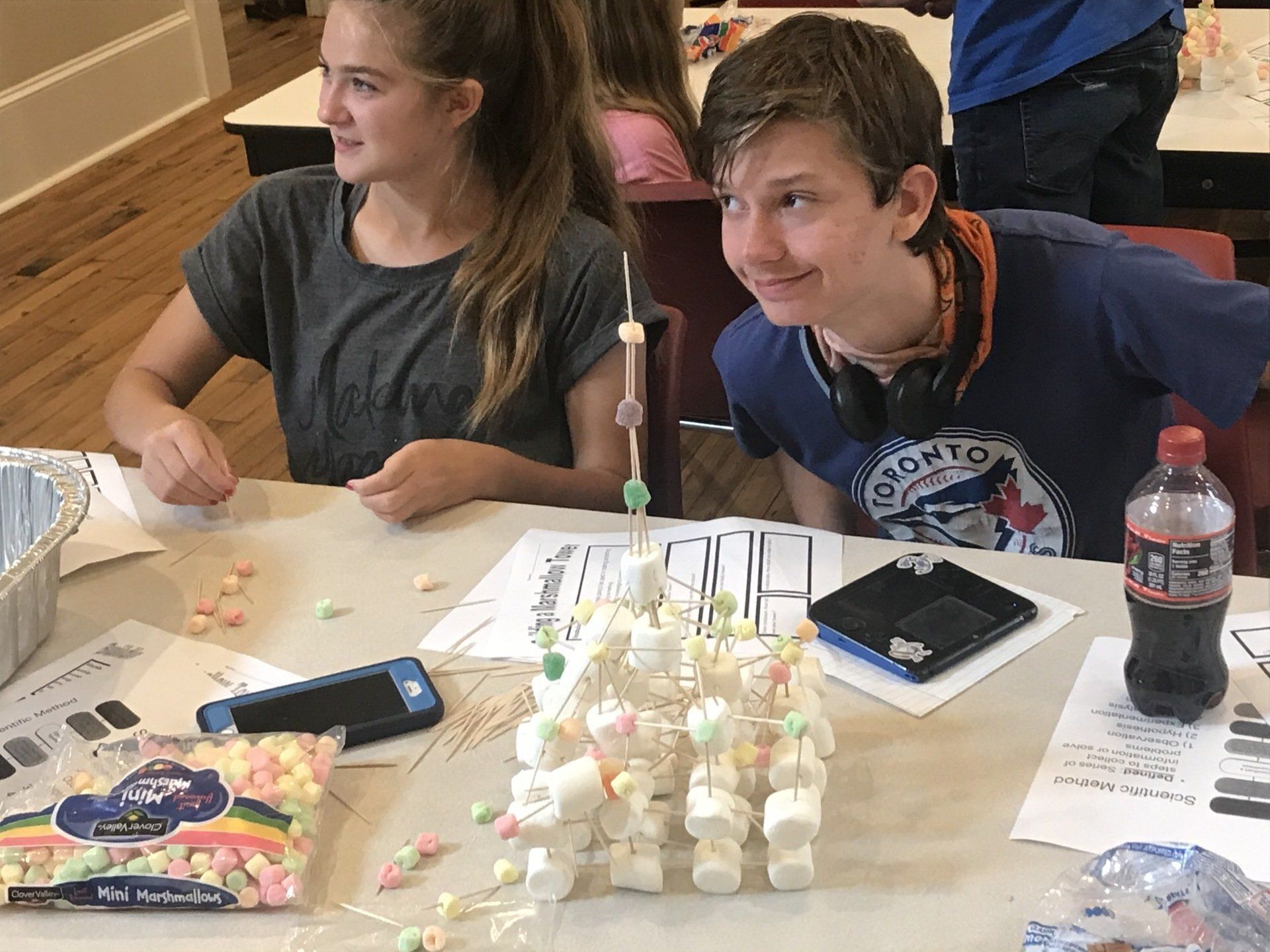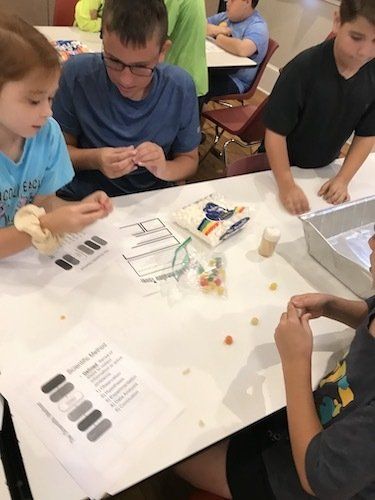Many may be familiar with E.D. Hirsch, Jr. who wrote Cultural Literacy. He founded the Core Knowledge Foundation in 1986. The curriculum is both challenging and engaging.
The Core Knowledge philosophy provides a carefully sequenced set of skills and content with an emphasis on the knowledge that is most useful and productive for children living in American society today. Core Knowledge Language Arts (CKLA) is a comprehensive, preschool through 8th grade program for teaching reading, writing, listening, and speaking while also building students’ vocabulary and knowledge across essential domains in literature, global and American history, and the sciences. In the early grades, CKLA focuses on oral language development through carefully sequenced read-alouds as well as systematic instruction in reading and writing skills. In later grades, CKLA continues to advance students’ knowledge and vocabulary through read-alouds and in-depth discussions while also immersing students in complex texts and advanced writing assignments that draw on the academic content.
As compared with earlier grades, one of the biggest shifts comes in the writing instruction. While grade 3 emphasizes the writing process, in grade 4 the writing process expands to seven components (planning, drafting, sharing, evaluating, revising, and editing, and the optional component of publishing). More importantly, in grades 4 and 5 the writing process is no longer conceptualized as a series of scaffolded, linear steps that students follow. Rather, students move back and forth between components of the writing process in a flexible manner, similar to the process mature and experienced writers follow.
Reading the classics are a major part of middle school Literature. The classics are the milestones of our literary tradition. Some classics rise to prominence as the shining example of a movement (like realism or romanticism) or a genre (like science fiction or historical fiction). They sparked a literary trend because they did it first or they did it best. Other classics become so because they push the envelope. By breaking from tradition and questioning established ideas, these books became markers of creative rebellion and dissent. These books are required to have cultural literacy.
The Core Knowledge What Your — Grader Needs to Know series was created specifically for parents. In one convenient volume per grade, from What Your Kindergartner Needs to Know through What Your Sixth Grader Needs to Know, this eight-volume series provides parents, teachers, and children with an engaging, introduction to the important knowledge outlined in Core Knowledge Sequence.






